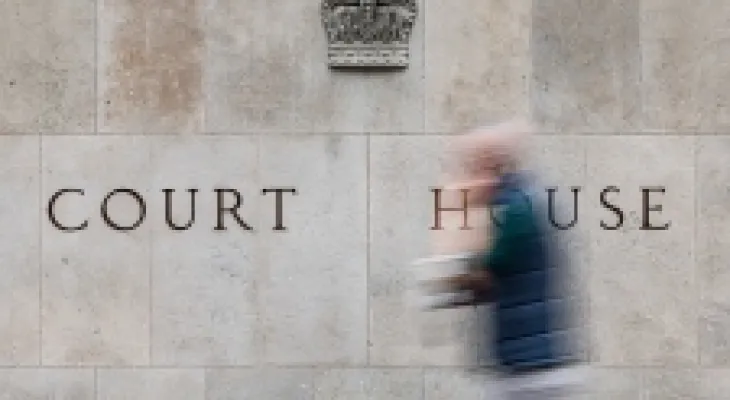Search here
Newspaper
Search here

Arab Canada News
News

Published: April 22, 2024
The Ontario government has agreed to pay $320,000 in legal fees for a class action lawsuit seeking $200 million in damages for the early termination of a basic income pilot project.
Participants, numbering 4,000, argue that the cancellation of the government-managed basic income program amounts to a breach of contract.
Stephen Moro, a partner at Cavalluzzo LLP and the lead lawyer for the class action, said during a press conference on Monday, "Today, we are calling on Ontario to stop spending taxpayer money. The $320,000 in legal fees is the latest, and to resolve this matter fairly."
The government has struggled to prevent the class action from moving forward – as a result, they are now paying $320,000 for legal fees incurred over the past five years.
The legal action, which was certified last month, was in response to the early cancellation of a three-year basic income program for low-income earners in Hamilton, Lindsay, and Thunder Bay, which was launched in 2017. The goal of the research study was to determine whether the government should consider providing a guaranteed income.
The 6,000 people who signed up for the pilot program completed regular surveys and provided personal information to researchers. In return, individual participants received just under $17,000 annually, while couples received just over $24,000.
After a year, following the elections and a change in government, the province suddenly announced that it would terminate the pilot program. The final payment date was set for March 25, 2019.
At that time, the government claimed that the program didn’t help people contribute to the economy and that it discouraged them from getting back on track. The lawsuit claims that the motivation behind the province's action was "unjust enrichment."
Jess Golim, one of the trial participants, described the cancellation as devastating.
Before joining the basic income program, Golim said she was working multiple contract jobs while recovering from a financially abusive relationship, explaining how exhausting it was to work continuously while barely being able to afford living expenses.
Golim said on Monday, "The minimum income allowed me to feel secure enough to risk starting a business knowing that my basic needs would be covered."
"I actually anticipated that if the basic income program continued, I would be in the program for only two of the three years it was supposed to last, because my business would make enough money that I would no longer qualify for it."
However, the program was canceled, and Golim was pulled back into poverty.
"This type of government must be held accountable for the promise it broke, for the life it callously threw into chaos, and the lasting harm it caused by breaching its contract with us and canceling basic income prematurely."
Comments